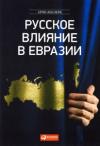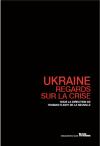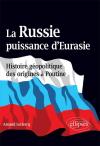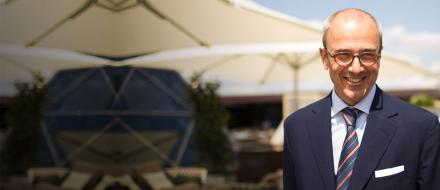Gulf a comfortable fit for Swiss private banker Lombard Odier
Arnaud Leclercq is in tune with Abu Dhabi. The Frenchman, who works for the Swiss bank Lombard Odier, likes the capital's conservative culture. Client privacy still matters, he says.
It is a time of change for the Swiss banking industry. The giants of the business, such as UBS and Credit Suisse, have felt the fallout from the financial crisis as hard as any global financial institution.
The illustrious private banking business, for centuries virtually synonymous with Swiss reliability and discretion, is also feeling the pressure.
The continuing euro-zone crisis has taken the shine off its traditional financial hinterland, while regulatory crackdowns, especially in the field of tax planning, have forced the country's patrician private bankers to seek fresh opportunities outside traditional areas of business.
The capital-rich Arabian Gulf has increasingly become a focus, and Arnaud Leclercq, the Middle East head of one of the oldest Swiss institutions, Lombard Odier, is convinced the strategy is right.
"I first came here amid all the hubbub and hype of 2006, and must admit during 2008-09 we wondered if we should close the office down, business was so slim. But we took the decision to strengthen it instead."
In addition to Middle East business, Mr Leclercq, an amiable Burgundian Frenchman, runs eastern European and central Asian operations from Dubai. "My wife says I live on an airplane," he says, but he sees clear advantages in the Dubai location.
"It is a real hub, the Hong Kong of the subcontinent and the gateway to Africa, with infrastructure to match. Not just Emirates Airline, though that is a very important thing, but all this," he says, waving an arm across the view of downtown Dubai from the window of the chic restaurant atop Emirates Tower hotel where we are lunching.
Lombard Odier's business consists of advising wealthy individuals and family offices on investment, wealth planning and asset management.
Mr Leclercq admits the business flow is not coming as fast as expected, especially in Dubai.
"People here are still involved in some traditional things like real estate, but in Abu Dhabi progress has been better. We are a very conservative, safe organisation, and that impresses people in Abu Dhabi, who have a similar conservative culture."
One of the challenges of the private banking business, especially in a relatively new office like Dubai, lies in hiring the right staff. A traditional organisation such as Lombard Odier wants to hire people with solid track records in banking, and the "churn" caused by the financial crisis has meant many potential employees are on the market who have not clocked up the years.
"People have had more instability in their jobs, they've jumped ship every few years. You can't do that in private banking," says Mr Leclercq.
He is responsible for what the bank calls "new markets", a category that lumps together emerging, developing and frontier markets, and which represents the bank's diversification strategy away from traditional investment strategy in markets such as the United States and European equities and global fixed-interest markets. On the US, he is cautious on equities because of macro-economic factors such as high levels of government debt. "Short term it looks OK, but is it a real recovery? I'm not sure."
The euro zone is "even worse", Mr Leclercq believes. "France and the UK are flirting with recession, and Germany has also been impacted. But some equities have been hammered down too much and there could be some opportunities, especially in those that export outside the euro zone.
On the equities versus bonds debate, he believes we are at a pivotal point. Global fixed income has performed well, up 9 per cent last year in the Lombard Odier portfolio, but its positions have been reduced recently, especially in sovereign bonds. The focus is now on corporate and "new market" bonds.
Gold is also part of the long-term strategy. "We have a sophisticated strategy on gold, we're not just keeping it in the safe."
He appreciates the Dubai Government's recent initiative in the sukuk market, but as an asset class sukuk do not really figure in his portfolio. "It's not really our line of business and we'll never be as good as the local banks in sukuk," he says.
That fits in with the image of solid reliability that has been the hallmark of Swiss private banking for decades, but that image is under threat.
One of the oldest banks, Wegelin, has closed much of its business after a collision with the American authorities over tax evasion; others have come under pressure from global regulators to open up their notoriously secret structures.
"The old ways of doing banking have changed, and some of the changes are very good, like greater transparency and flexibility. But maybe it is going too far now. People deserve some privacy. It's not always that you're doing something wrong, it's a matter of personal freedom," he says.
Mr Leclercq sums up with all the suave finesse of a Swiss private banker: "I support the changes going on, especially in Swiss banking regulation, but not at the cost of basic levels of freedom of the individual."








